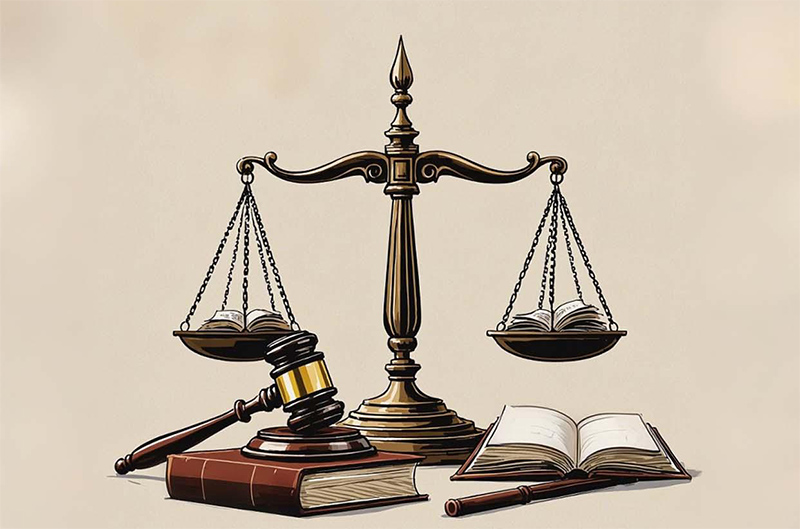Recently, a “windfall” case in Chile has garnered global attention. Due to a company accounting error, an administrative assistant at a food company unexpectedly received a payroll payment of 165 million Chilean pesos (approximately 1.236 million RMB)—330 times his monthly salary. However, rather than return the money, the man resigned three days later and disappeared with the funds. The company immediately filed a criminal lawsuit, accusing him of theft. However, after nearly three years of legal proceedings, a Santiago court recently ruled that the act did not constitute a criminal offense, and the company lost the case. This decision has sparked a heated debate in Chile and abroad about law, morality, and human nature.
A Costly Mistake
According to local Chilean media reports, the incident occurred in May 2022. The man, who earned approximately 500,000 Chilean pesos (approximately 3,747 RMB) a month, was a typical salaried employee. The company made a serious payroll error, mistakenly transferring 165 million pesos to his account. The company immediately contacted the employee upon discovering the error. The Latest News learned that the employee verbally promised to return the funds during a meeting with the Human Resources department. However, three days later, things took a dramatic turn: not only did he not repay the money, but he quickly submitted his resignation, changed all contact information, and completely disappeared.
The company considered the employee’s actions to be malicious misappropriation and immediately filed a criminal lawsuit for theft. Under Chilean criminal law, if convicted, the perpetrator faces up to 540 days in prison and a fine. The company had hoped to effectively recover its losses through criminal means, but the court ruling went in the opposite direction.

Court’s Verdict: Unjust Enrichment
In early 2025, the Santiago Court issued its final ruling on the case. The judge stated that while the man’s actions were improper, the legal definition should be “unauthorized collection,” which was essentially a civil dispute and did not constitute “theft” in the criminal sense. The judge further explained that theft typically requires proof of theft or deception with the intent to illegally possess the property. However, the fact that the funds in this case were transferred to the company’s account by the company, albeit mistakenly, changed the nature of the case.
The court ultimately ruled that the company should pursue civil proceedings to recover the funds, dismissing the criminal charges. This ruling means that if the company wishes to recover the funds, it must file a new civil lawsuit, a more lengthy and costly process.
Corporate Backlash, Public Debate
After the verdict was announced, the company involved issued a statement expressing “shock and disappointment” at the outcome and stating that it would pursue all legal means to appeal, seeking to have the original verdict overturned and recover all the funds. This case sparked widespread controversy in Chilean society and the international media. Many criticized the verdict as “tolerating dishonest behavior,” believing it objectively encouraged people to exploit system errors for personal gain. Others supported the court’s strict distinction between criminal and civil law, arguing that criminal means should not be abused to resolve civil disputes.

In fact, similar incidents of “windfalls” resulting from system errors are common around the world. In an even more extreme case, Germany took sick leave in 2009 and never returned to work. However, due to administrative oversight, the education department continued to pay the teacher’s annual salary for 16 years, totaling approximately 7.344 million RMB. The loophole was not discovered until an internal audit in 2024. The local education minister publicly stated that this was “unprecedented.”
Together, these cases reveal the fragility of modern management systems and the gray area between law and morality. When loopholes in the system arise, do individuals choose to uphold integrity or exploit the opportunity for profit? What mechanisms should the whole society use to balance efficient prosecution and procedural justice?
While this Chilean case has come to a temporary end, the discussion it sparked is far from over. With the increasing prevalence of digital payments, the likelihood of financial errors can be reduced, but it is difficult to completely prevent them. How can the law strike a balance between protecting property rights and preventing the abuse of criminal penalties? How can trust between companies and their employees be maintained? These questions will continue to test the maturity of the rule of law and the moral consensus of every modern society.












